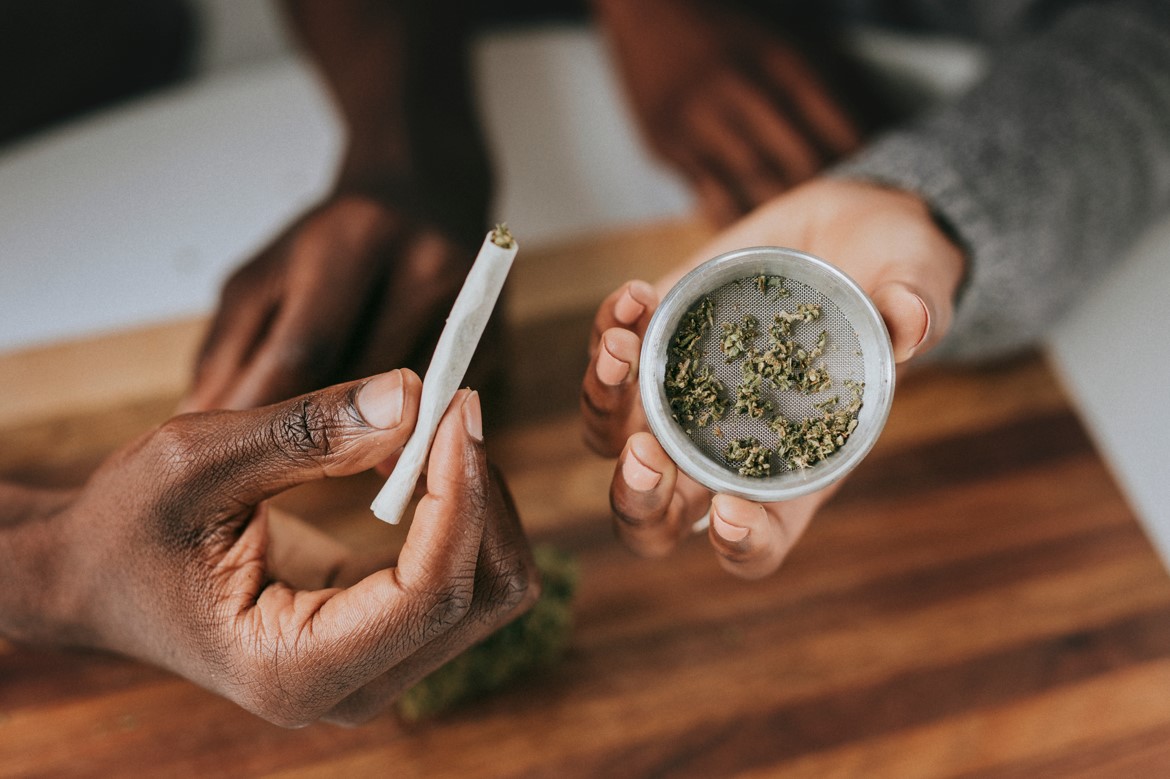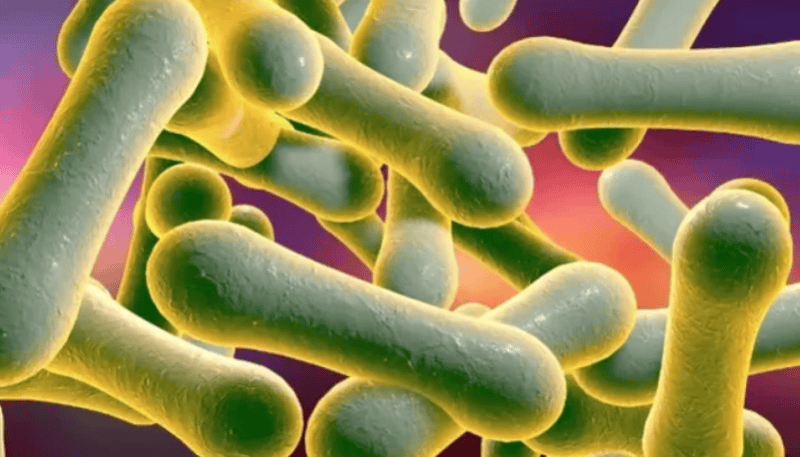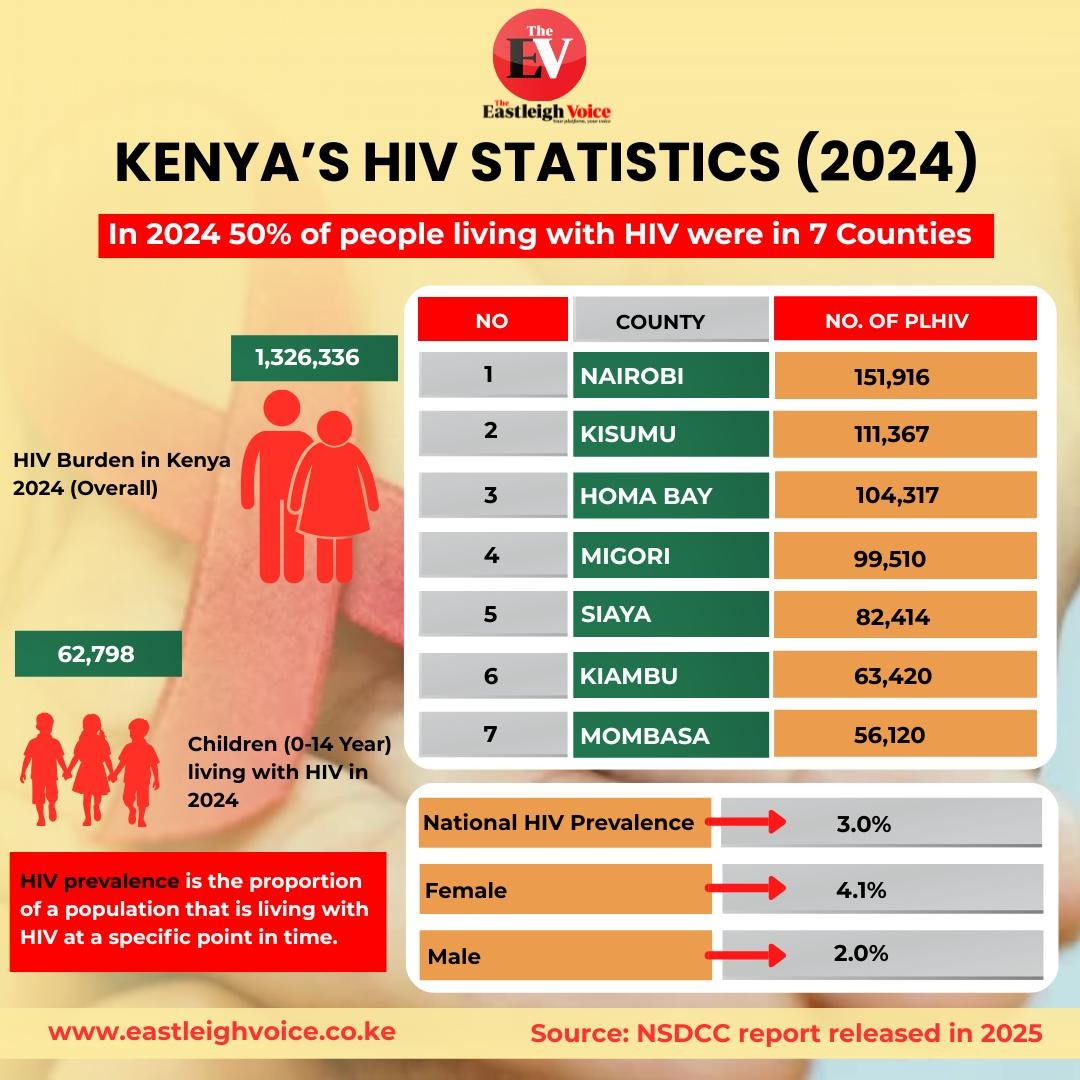New study: Cannabis threatens fertility for women

A Canadian study has shown that cannabis can have a negative impact on female fertility and the success of IVF treatments. But German experts say more research is needed on factors like age and consumption habits.
Women who want to get pregnant should refrain from using cannabis. This is the conclusion of a new study that examined the influence of the substance, and its active ingredient THC in particular, on female fertility and artificial insemination.
Researchers found that cannabis can negatively affect both because it disrupts the development and stability of the egg cell.
More To Read
- Mutua sounds alarm as drug abuse blocks coast youth from lucrative jobs abroad
- WHO launches first global guidelines on infertility, calls for safer and more accessible care
- Why gestational diabetes is no longer a temporary pregnancy problem
- Recreational cannabis use during adolescence raises risk of psychotic disorders - study
- Older men’s sperm more likely to carry disease-causing mutations, study reveals
- Lamu-bound bus intercepted in Malindi as police seize cannabis haul
During in vitro fertilisation (IVF), egg and sperm cells are brought together in a laboratory. The authors investigated both the effects of THC on isolated human eggs in the laboratory and the IVF results of patients with detectable THC in their follicular fluid.
This is the fluid in the ovary that surrounds the egg, where detectable THC means that the woman consumed cannabis before or during the IVF cycle, and that the THC reached the egg cell environment.
The study was conducted by a team supervised by post-doctoral research fellow Cyntia Duval at the CReATe Fertility Centre in Toronto, Canada, in collaboration with scientists from the University of Toronto and other institutions. It examined a total of 1,059 women undergoing IVF, 62 of whom tested positive for THC.
The rates of egg maturation, fertilisation, and blastocyst development were examined in THC-positive patients. The blastocyst is the stage of development where the egg implants in the uterus, which is particularly important for a successful pregnancy.
The study also analysed possible errors in cell division and the probability of an embryo having a healthy set of chromosomes (euploidy). An abnormal set of chromosomes (aneuploidy) is often the cause of miscarriages.
Disruption to egg development and genetic stability
The result was clear: THC-positive patients had a significantly lower rate of euploid embryos, which means that the probability of genetically healthy embryos and a successful pregnancy was reduced.
Although eggs mature slightly faster and more frequently in patients with THC in their follicular fluid, they had significantly fewer embryos with a healthy chromosome set (60 per cent compared to 67 per cent in control subjects). This can reduce the chances of a successful pregnancy and a healthy child.
In the laboratory, THC led to more errors in chromosome distribution and to a defective egg cell structure. Spindle malformations were observed significantly more frequently, especially at higher THC doses.
The spindle morphology is important for correct cell division, where errors can result in miscarriages or developmental disorders.
Genetic analyses conducted as part of the study suggest that THC alters the activity of genes in the egg cell that are responsible for the correct distribution of genetic material during cell division.
THC also influences genes that control the extracellular matrix — a network of proteins and other molecules that stabilises cells and is important for embryo implantation and development.
Further research needed, German experts say
The findings on the spindle apparatus are significant, according to Dr. Artur Mayerhofer, head of a working group at the Biomedical Centre at the Ludwig Maximilian University (LMU) of Munich, who was not involved in the study: "In my opinion, this is the best data available," he said, but added that he also takes a critical view.
"Disorders of the spindle apparatus also increase with a woman's age. So far, this has not been taken into account in the study — the number of cases is too small for meaningful statistics."
Dr. Wolfgang Paulus, senior physician and head of the reproductive toxicology centre at the Ulm University Hospital, who was also not involved in the study, takes a similar view: "Patients with unfulfilled desires to have children and in vitro fertilisation are older on average and more likely to have genetic predispositions, which is why successful pregnancies are often not recorded. THC may have fewer effects on reproduction in young women with no genetic abnormalities.”
Future studies should therefore examine the effects of THC on different age groups, he said.
Paulus also criticised the study for lacking information on how much cannabis was consumed in each case: "One limitation of the present study is the lack of data on cannabis consumption habits, such as frequency, timing, dosage, and type of consumption," he said.
Despite the important findings, the mechanism of action of THC remains unclear, according to the LMU's Artur Mayerhofer.
"Studies on one type of cell — such as oocytes in a clinical IVF setting — provide only limited information about systemic effects and thus their 'significance in everyday life,'" he said.
Future studies should examine "influential factors that have not been taken into account, such as the consumption of other drugs," he said.
Top Stories Today















































